Alcohol, candies, jams, and fried foods are familiar delicacies during Tet, but people with bone and joint diseases should limit them to avoid flare-ups or worsening of symptoms.
Doctor Pham Hoang Hai, Department of Internal Medicine, Musculoskeletal, Tam Anh General Hospital, Ho Chi Minh City, said that nutrition is an important part of the treatment regimen for bone and joint diseases such as gout, osteoarthritis... The mentality of relaxing the diet and not abstaining from many things during Tet can aggravate bone and joint problems in some people.
Doctor Hai advises people with bone and joint diseases to limit the following foods.
Chung cake
Banh chung and other dishes made from sticky rice are inflammatory, making joint pain and swelling symptoms worse. Banh chung also contains large amounts of starch and fat, which can cause weight gain if consumed in large amounts, thereby increasing pressure on weight-bearing joints such as the knee, hip, and foot joints.
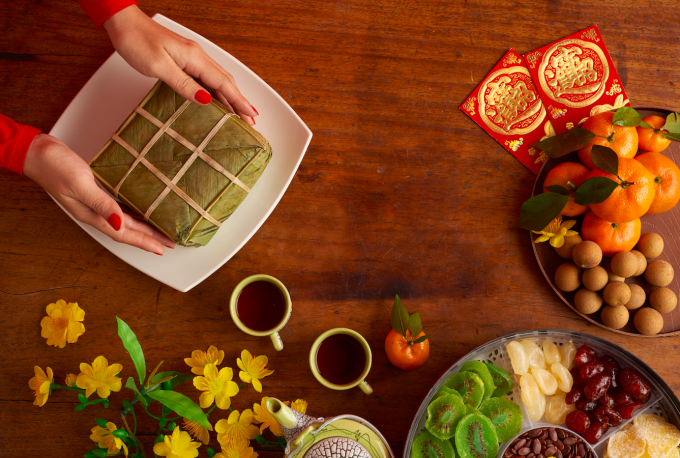
Banh chung is not good for people with bone and joint diseases. Photo: Freepik
Sweets
Many studies show that eating too many sweets makes the symptoms of osteoarthritis worse. Consuming too much sugar also makes patients gain weight, increases pressure on joints, causes pain and accelerates degeneration, especially in large joints such as the knee or hip joints. Although Tet is a time when there are many delicious candies, jams, soft drinks..., patients can eat them but need to eat them in moderation.
Processed foods
During Tet, many families tend to use processed foods to save time. However, this type of food is not good for health and increases the risk of many diseases, including arthritis. They often contain many preservatives and sodium, which cause inflammation and increase joint pain.
Foods such as ham, sausage, sausages... often have high salt content, accelerating the aging process of cells. When too much sodium is consumed, the body's ability to absorb calcium is also reduced, easily triggering bone and joint pain or worsening disease symptoms.
Ale
Alcohol can cause bone loss because it hinders the body's absorption of calcium. Alcohol also disrupts electrolytes, leading to a lack of essential nutrients that lubricate joints, causing joint pain after drinking alcohol. People with gout who drink alcohol also increase uric acid in the blood, which can easily lead to acute joint pain and swelling, affecting spring enjoyment.
To avoid ruining the first days of the year, patients do not need to abstain from alcoholic beverages completely, but should drink in moderation. Men should not drink more than two units of alcohol per day, women should not drink more than one unit, and should not drink more than five days a week.
One unit of alcohol equals 10g of pure alcohol, equivalent to 3/4 of a 330ml bottle of beer, a 100ml glass of wine, a 330ml glass of draft beer or a 30ml glass of spirits.

Doctor Hai gives health advice to patients. Illustration photo: Provided by the hospital
Doctor Hai recommends that to avoid the onset or worsening of symptoms of bone and joint pain in the first days of the year, patients also need to take full medication, keep the body warm, exercise actively, not sit in one place for too long, limit carrying heavy objects... Patients should see a doctor if they experience severe, continuous joint pain and swelling during the day or other abnormalities.
Phi Hong
Source link


![[Photo] President of the Cuban National Assembly visits President Ho Chi Minh's Mausoleum](https://vphoto.vietnam.vn/thumb/1200x675/vietnam/resource/IMAGE/2025/10/1/39f1142310fc4dae9e3de4fcc9ac2ed0)



![[Photo] Hanoi morning of October 1: Prolonged flooding, people wade to work](https://vphoto.vietnam.vn/thumb/1200x675/vietnam/resource/IMAGE/2025/10/1/189be28938e3493fa26b2938efa2059e)

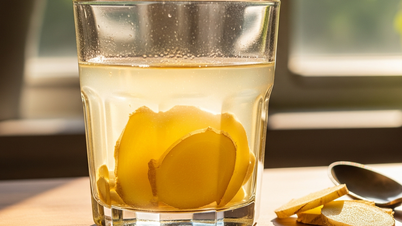



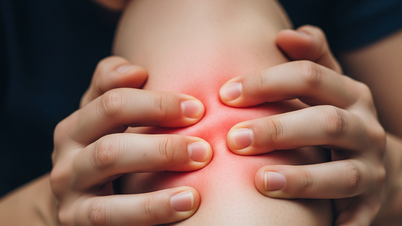
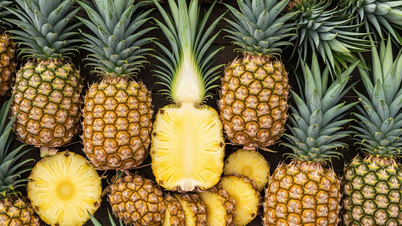
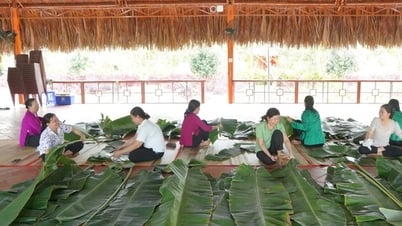


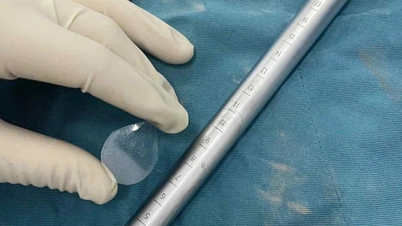



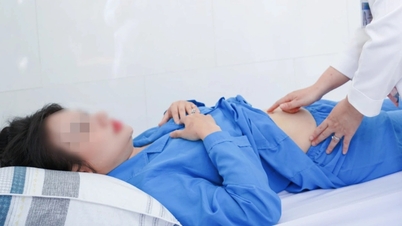












































































Comment (0)